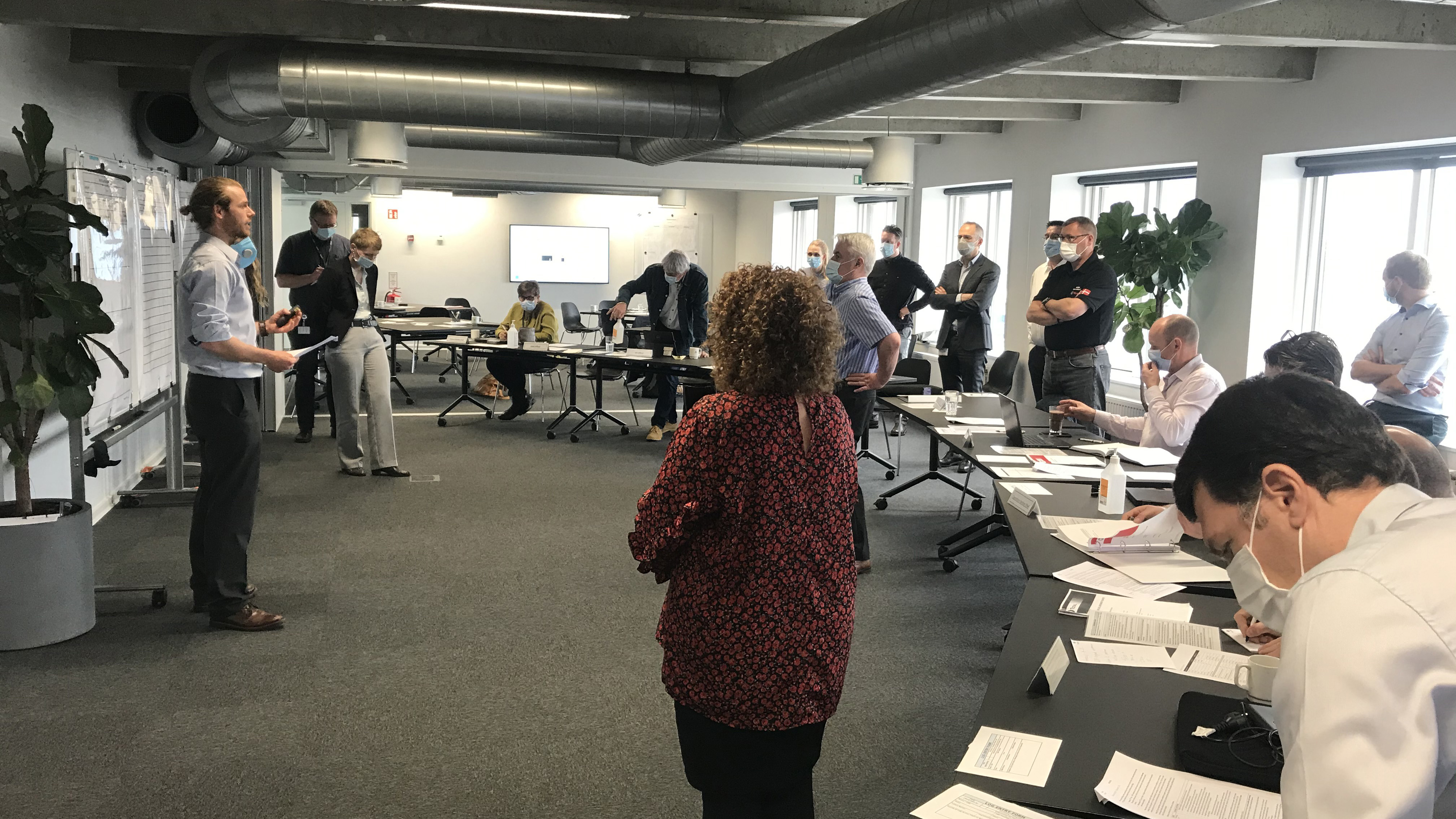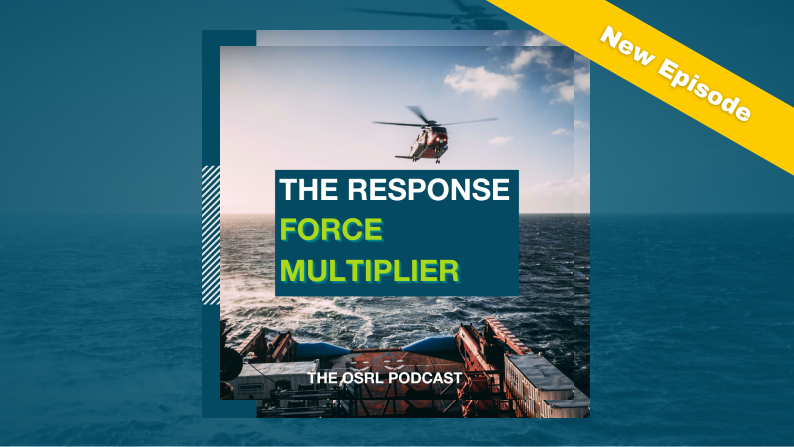Case Study: Total E&P Denmark Crisis Management Refresher Training
We have had the pleasure of working with our member Total E&P Denmark (TEPDK) since 2017, helping them build and maintain the confidence and competence of their Emergency Management Team (EMT).
Having delivered bespoke, scenario-based crisis and incident management training courses to TEPDK in 2017, 2018 and 2019, COVID-19 put the 2020 training plans on hold.
However, the current status of COVID-19 in UK and Denmark allowed us to resume the face to face training programme. We worked with Total to ensure safe travel and working conditions for all involved. This allowed our crisis management and oil spill response experts Rosie Buse, Paul Foley and Jamie Gathercole to return to Denmark to resume this training programme.
Refresher Training Overview
The focus of the visit was to deliver refresher crisis management training to further develop the skills of TEPDK EMT members. The training aimed to refresh EMT members’ knowledge on the process, roles and responsibilities, crisis communications and command.
The main course objectives included:
-
To increase awareness
-
To reinforce consistency
-
To improve crisis leadership skills
-
Build individual and group confidence
-
Provide an opportunity to practice
The crisis management refresher course comprised a combination of theory, group discussion, scenario- based simulations and facilitated feedback. Simulations increased in complexity as the course progressed, increasingly stretching the Emergency Management Team and developing their competence and confidence.
Importance of Scenario-based Training
Scenarios are an essential part of our crisis management training. They enabled TEPDK's EMT to work together, familiarise themselves with how each other work, the process and the required lines of communication.
The OSRL role players (‘Sim Cell’) who help drive the scenario use their own knowledge of both TEPDK’s internal processes, and of the wider Danish Oil & Gas sector, to provide realistic but challenging developments as each scenario progresses.
The culmination of the final simulation exercise successfully employed technology to broadcast a live media interview to add further realism and application of learnings. It was very successful and resulted in the team members solidifying their knowledge and feeling significantly more confident in their crisis management roles and processes.
A key aspect of OSRL training is to use the delegates’ own knowledge and understanding of the topic. Sharing ideas and real-life experience is a valuable part of OSRL’s courses, and delegates always learn more when interacting with
the trainers and their fellow course members. Our crisis management practitioners are credible and experienced with decades of collective crisis preparedness and crisis response experience. The collective expertise of the TEPDK delegates and OSRL trainers certainly provoked lively discussion with lots of knowledge sharing.

I did enjoy the training, it was insightful and the simulations felt authentic enough to be able to immerse yourself in. Certainly a useful 2 1⁄2 days.
Conclusion
It was great to be back in Denmark and involved in face to face training again after so long working remotely. Nothing beats being in a room with delegates and the interactions face to face training provides (despite the masks which were worn throughout).
We look forward to continuing to provide TEPDK with bespoke, scenario based crisis management training that helps maintain and build the confidence and competence of their Emergency Management Team.

Need training that's specific to your operations?
Every organisation is unique; your personnel, your operations, your resources. Get the training you need with our customised training services specifically tailored for you.






